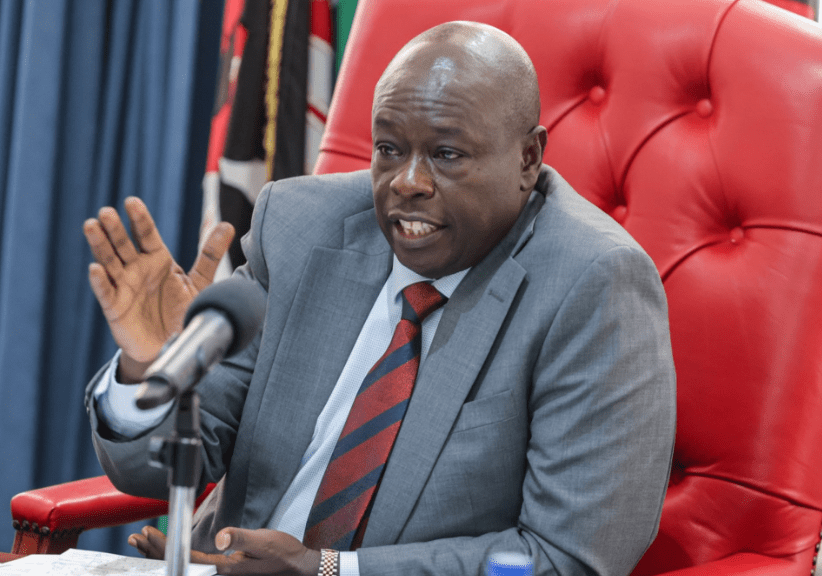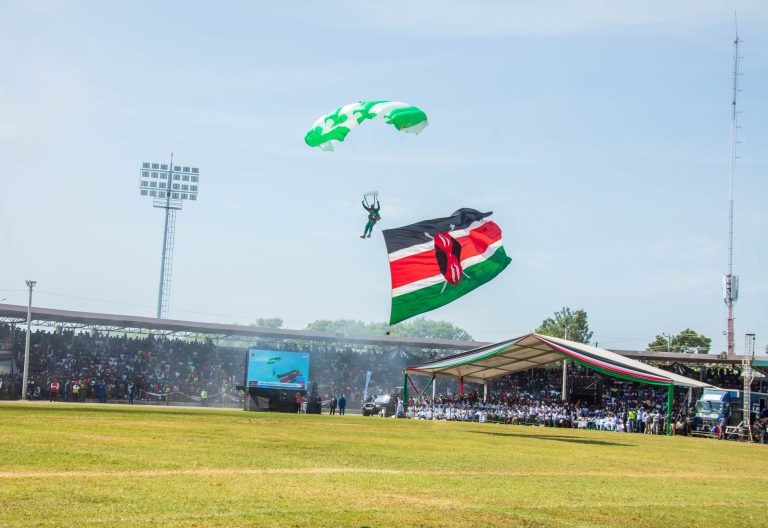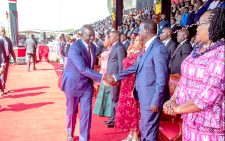Let’s rethink Deputy President selection

Now that many members of the National Assembly appear to have made up their minds on impeaching Deputy President Rigathi Gachagua and the die is cast, the conversation should now shift to amending the law to cure the apparent malaise of wrangling between Presidents and their deputies.
Just like former President Uhuru Kenyatta, President William Ruto has a frosty relationship with his deputy that culminated in calls for the latter’s removal from office.
Per reports from Parliament, 300-plus MPs have appended their signatures to a proposed impeachment motion, showing their commitment to impeach Gachagua, whom they accuse of several failings, including bullying those who do not toe his line.
Such a motion had seemed far-fetched, but President Ruto’s alliance with ODM leader Raila Odinga has made such a move within reach.
Gachagua finds himself trapped, fully aware that he would struggle to fight off his impeachment, courtesy of his minimal support in Parliament.
The apparent split between Ruto and Gachagua is a clear indication that the current constitutional arrangement where a President and his deputy approach the election as Siamese twins is not practical in Kenya.
Under the previous Constitution, a sitting President had a free hand to choose and fire his deputy at any time, an arrangement that seemed to bring some sense of sanity in the working relationship between the Head of State and his Vice-President, as the holder of that office was known then.
But under the new Constitution, situations have changed, leading to incessant friction within the Executive.
As in Kenya, the Vice-President of the United States is co-elected with the president, and for four good years after polls, the two always work in harmony without the political undercurrents that bedevil the Kenyan situation. Just what is missing in Kenya that leads to the two jointly elected leaders disagreeing only a few months after the elections?
Perhaps it is high time Kenyans reviewed the chapter of the Constitution on the nomination of the President’s Principal Assistant and their subsequent working arrangements in office.
One of the areas that needs to be closely scrutinised is the apparent marriage of convenience where a presidential candidate selects a running mate only for purposes of winning an election, a situation that often leads to the election of two individuals who only share one quality – self-aggrandisement.














